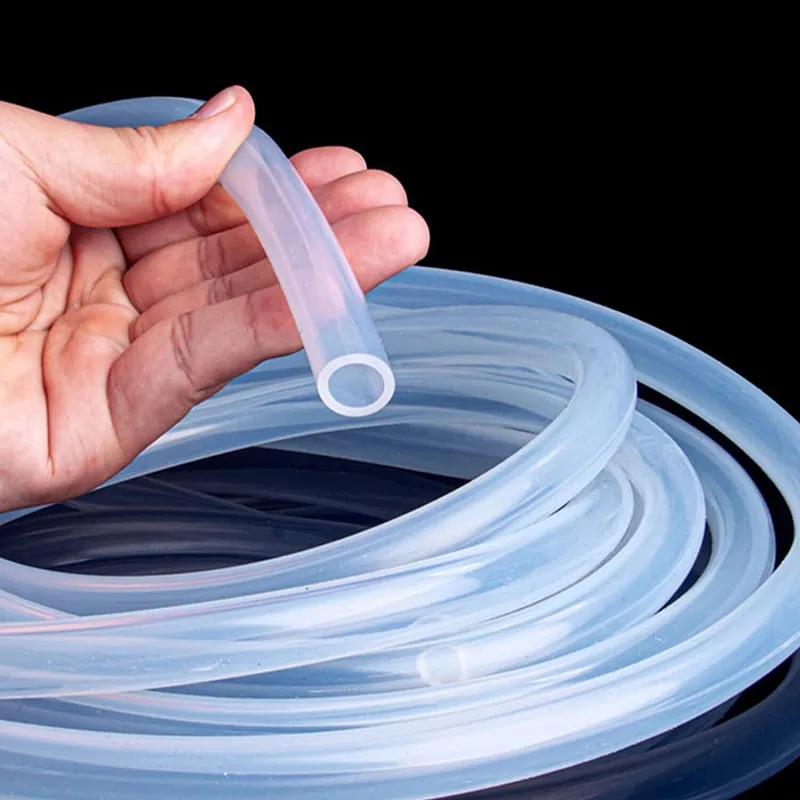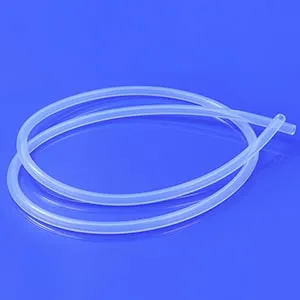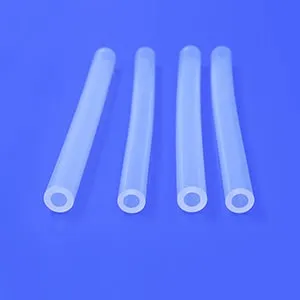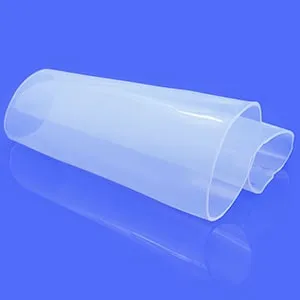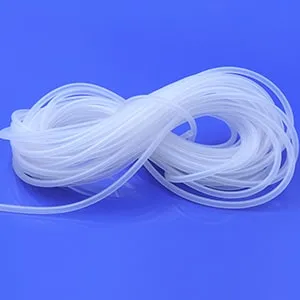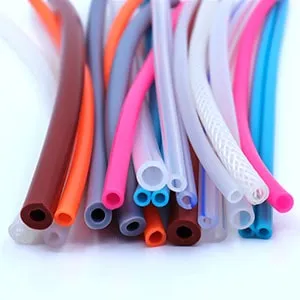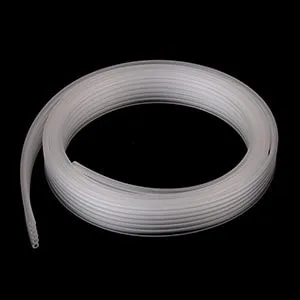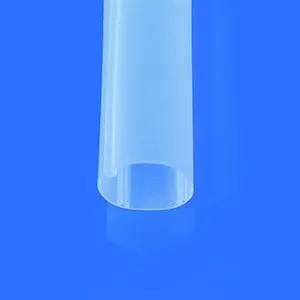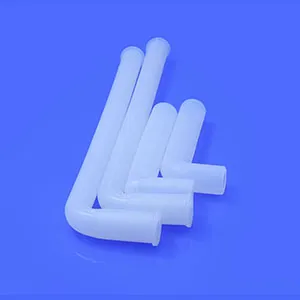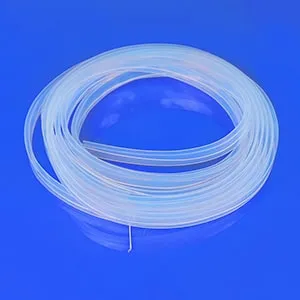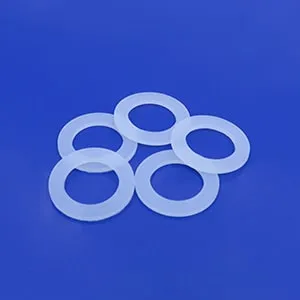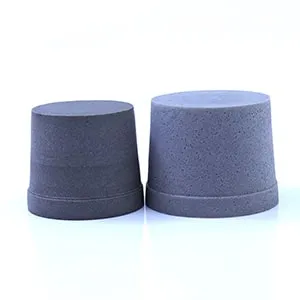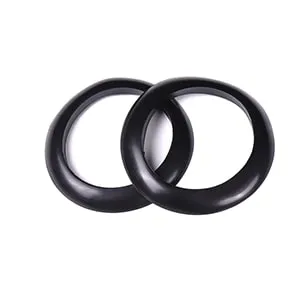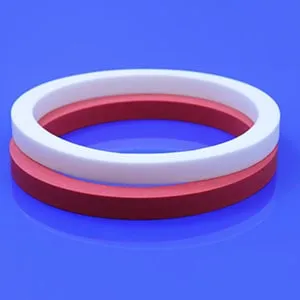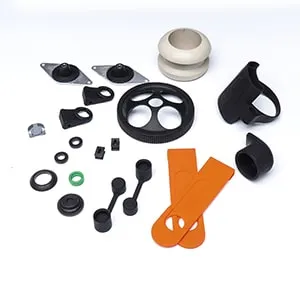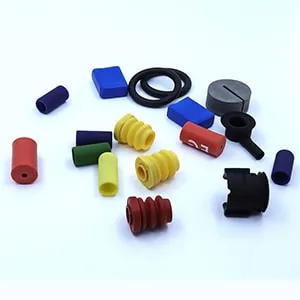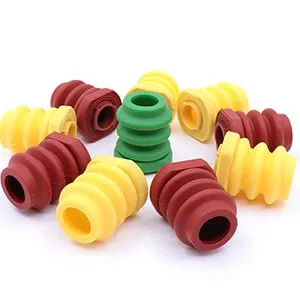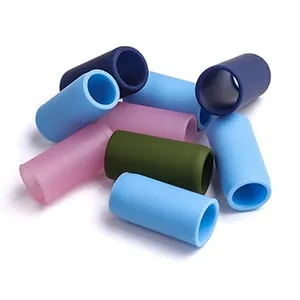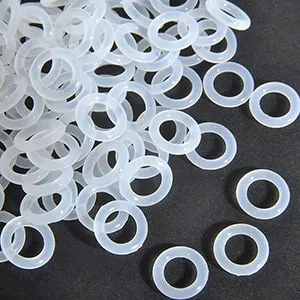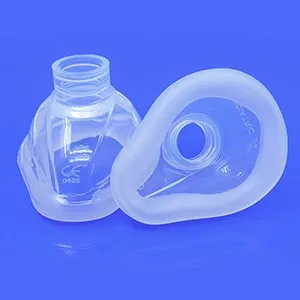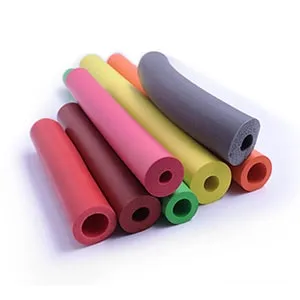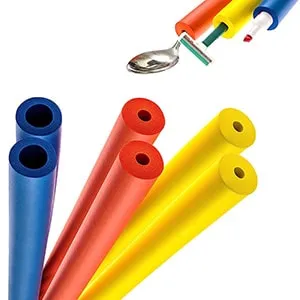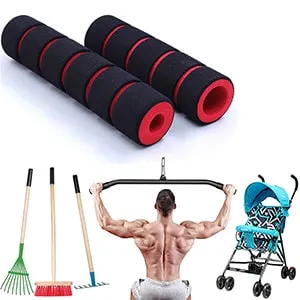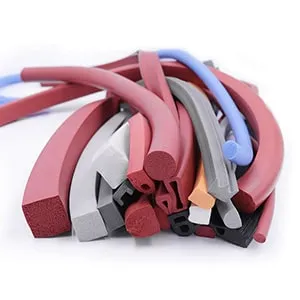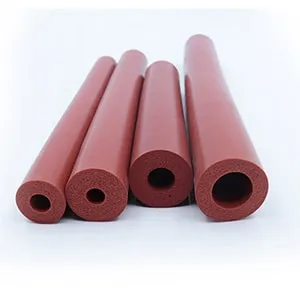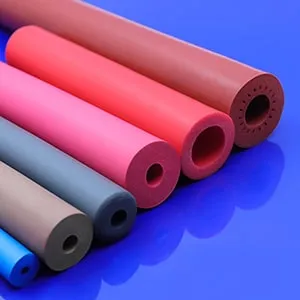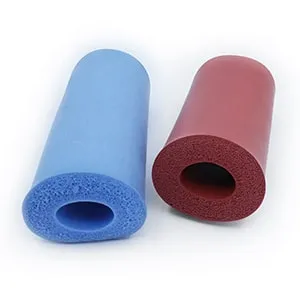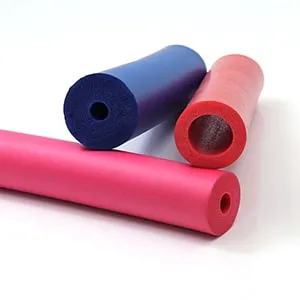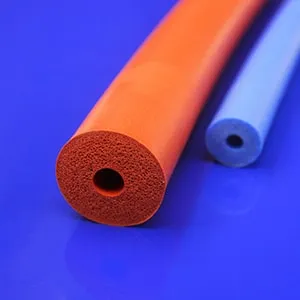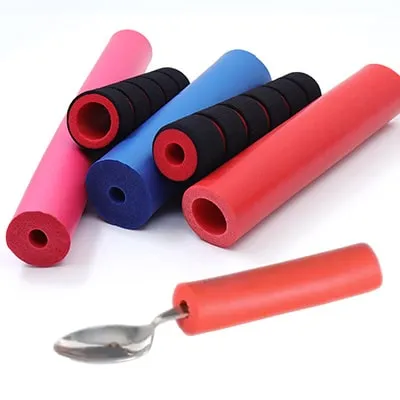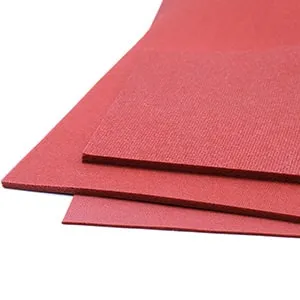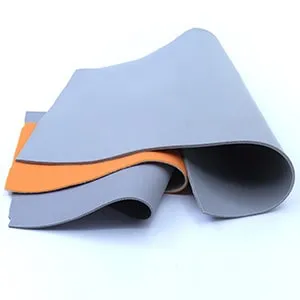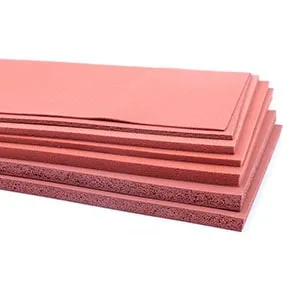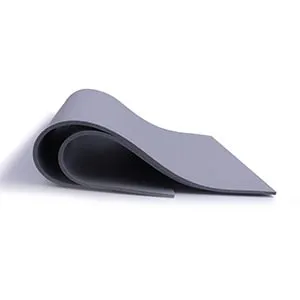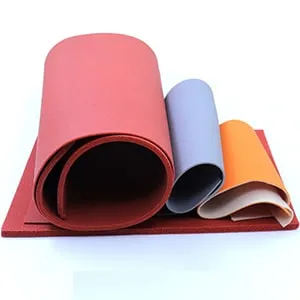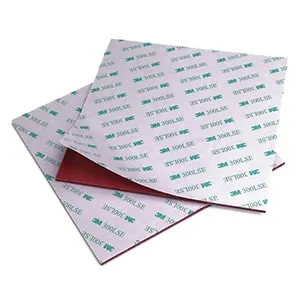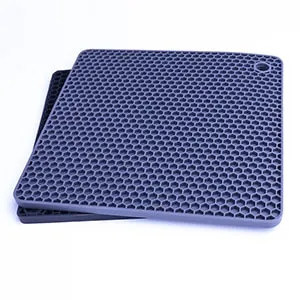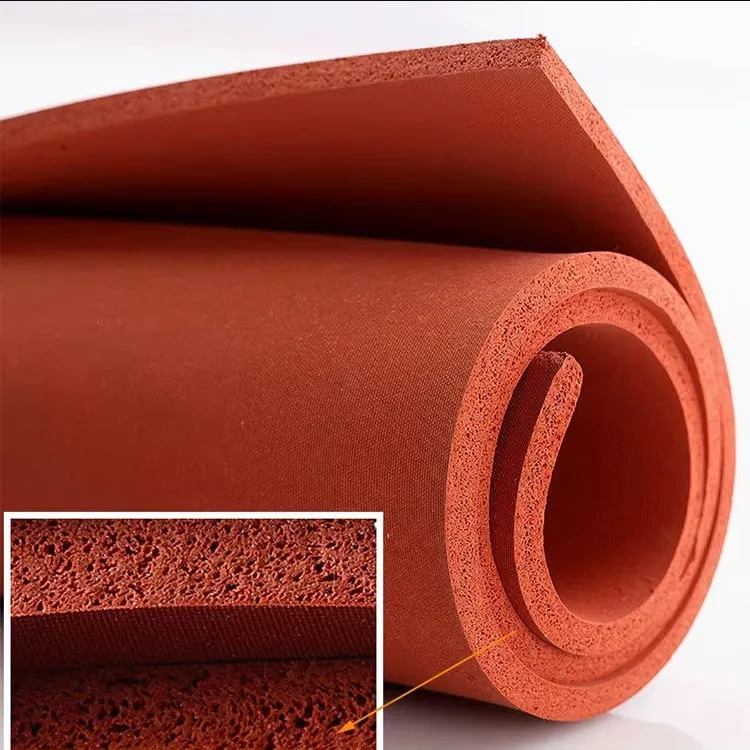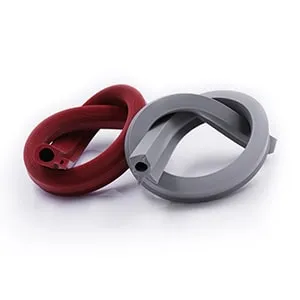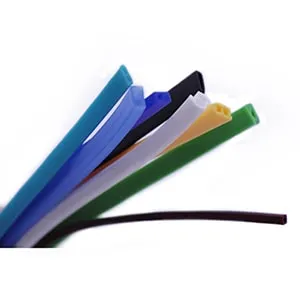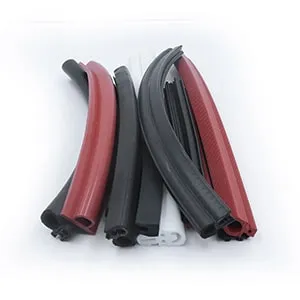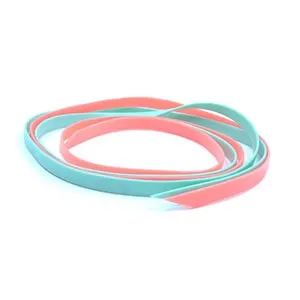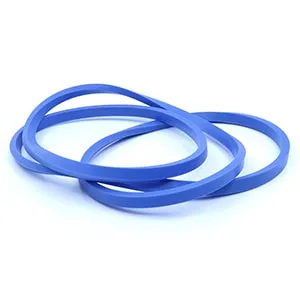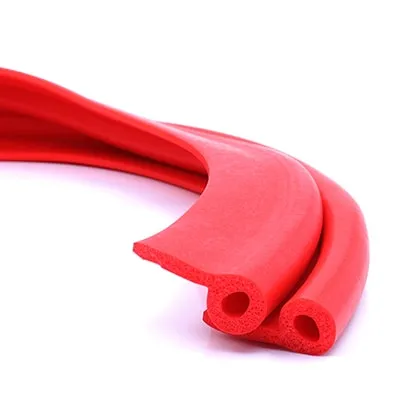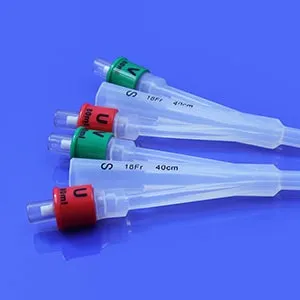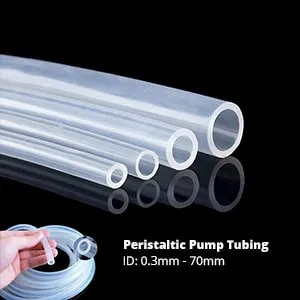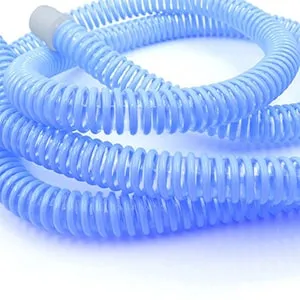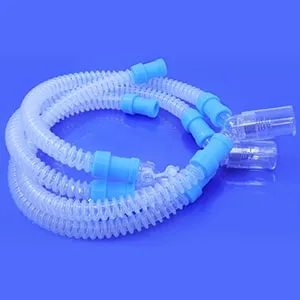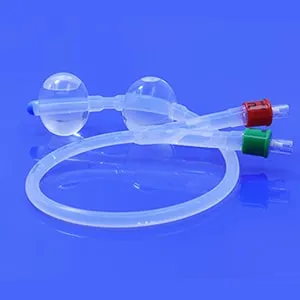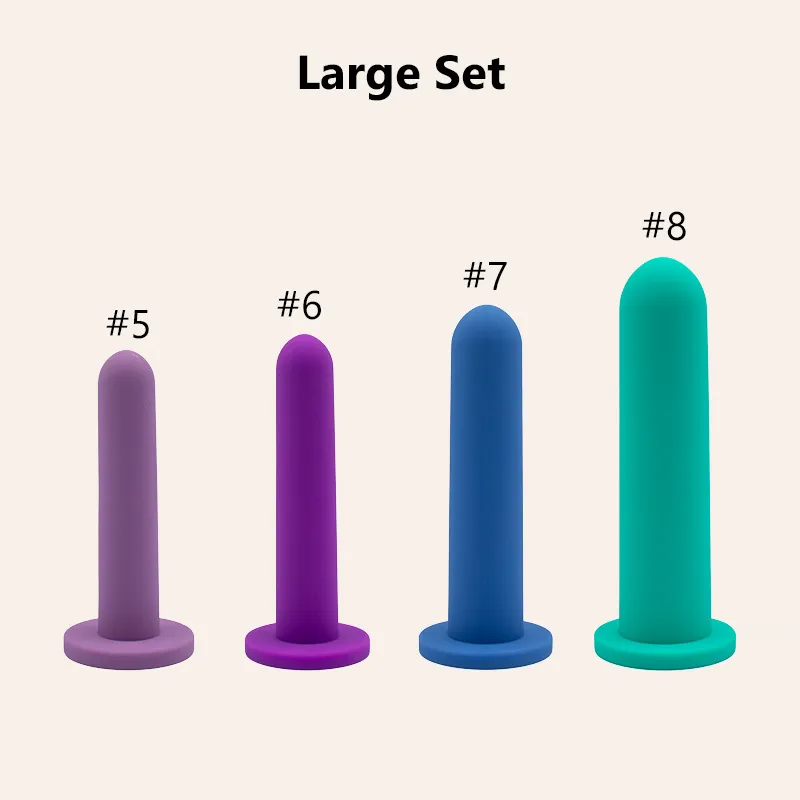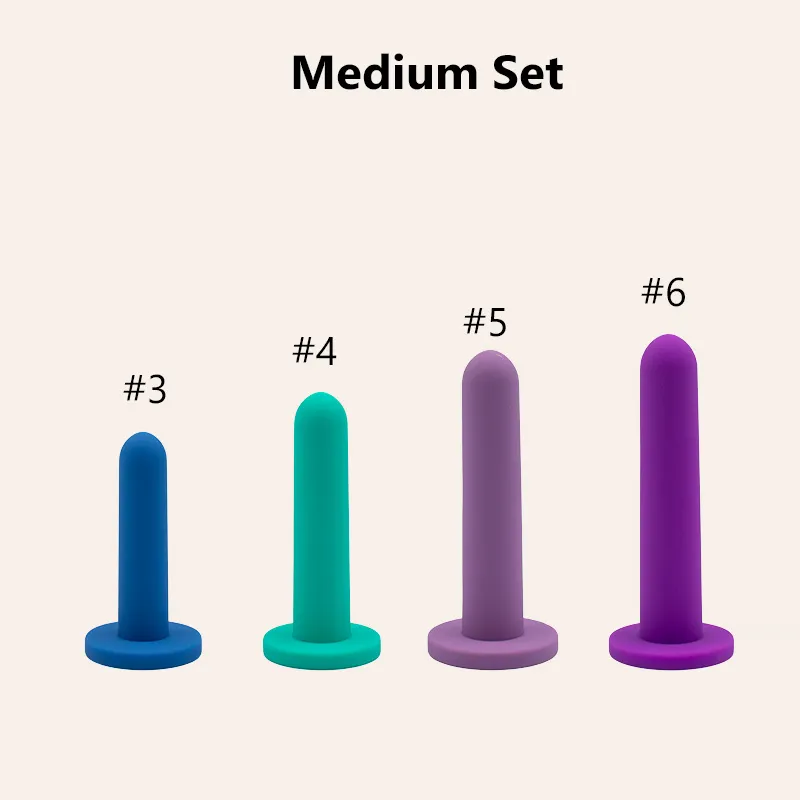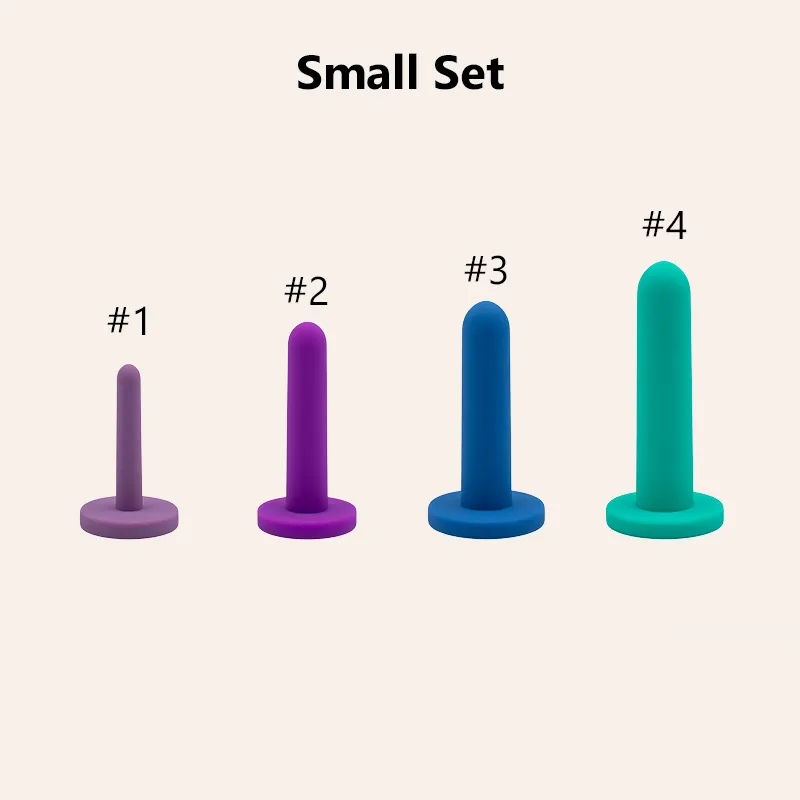Custom silicone radiator hoses are specialized hoses made from silicone material that are designed to be used in automotive applications. These hoses are known for their durability, heat resistance, and flexibility, making them popular in various automotive systems, such as cooling systems, intake systems, and turbocharger systems.
JESilicone is a strength manufacturer of custom radiator hoses
At JESilicone, we’re proud to be your premier source for high-quality auto silicone hoses and custom radiator hoses. Although we have options for a wide variety of needs, we also know that some businesses and consumers have unique requirements that can’t be met with a standard, off-the-shelf hose parts. That’s why we’re proud to offer custom auto silicone hoses made to your exact specifications. From single-piece details to complex and multi-piece assemblies, our experienced team has the knowledge and set of skills to meet and exceed our customers’ most demanding expectations. Whatever you need out of custom radiator hoses, you can rest assured that we’re up to the challenge.
JE Silicone manufactures and supplies a various of auto silicone hoses, often used for a variety of purposes, including connecting various components within an automotive system, such as the engine, radiator, and turbocharger. Our auto silicone hose has excellent heat resistance and cold resistance, and can be used for a long time in the temperature range of -40°C - 250°C.
7 simple steps to obtain custom auto silicone hoses /custom radiator hoses
1. Determine your requirements: Identify the specific needs for your custom silicone hoses, including the size, shape, length, and color. Consider the application and the environment in which the hoses will be used.
2. Find a reputable manufacturer: Look for a manufacturer or supplier that specializes in producing custom silicone hoses for automotive applications. You can search online or reach out to industry contacts for recommendations.
3. Provide specifications: Contact the manufacturer and provide them with the detailed specifications for your custom hoses. This may include technical drawings, measurements, and any specific requirements you have. Be as precise as possible to ensure accurate manufacturing.
4. Discuss materials and features: Discuss the type of silicone material you require, as there are different grades and options available. Additionally, communicate any specific features you need, such as reinforced layers, custom logos or branding, or special fittings.
5. Request a quote: Once you have provided all the necessary information, request a quote from the manufacturer. They will assess the complexity of your custom hose design, the required quantity, and other factors to provide you with a price estimate.
6. Review and finalize the design: The manufacturer may provide you with a design or prototype for your approval. Review it carefully, making sure it meets your specifications. Provide feedback and request modifications if needed.
7. Manufacturing and delivery: Once the design is finalized and the order is confirmed, the manufacturer will proceed with manufacturing your custom silicone hoses. The production time will depend on factors such as the complexity of the design and the manufacturer's workload. Once completed, the hoses will be packaged and delivered to your specified address.
Why Silicone Used for Automotive Hoses?
Silicone is a popular material for automotive hoses because of its high temperature resistance, durability, and flexibility. It can withstand high temperatures and pressures without cracking, swelling, or deteriorating, making it ideal for use in high-performance and racing vehicles. Additionally, silicone hoses are resistant to oil and other automotive fluids, which helps to prolong their lifespan and reduce the risk of leaks.
Auto silicone hoses are available in a range of sizes, shapes, and colors to suit different automotive applications. They can be custom made to fit specific requirements, and are often used as a replacement for standard rubber hoses in aftermarket upgrades.
